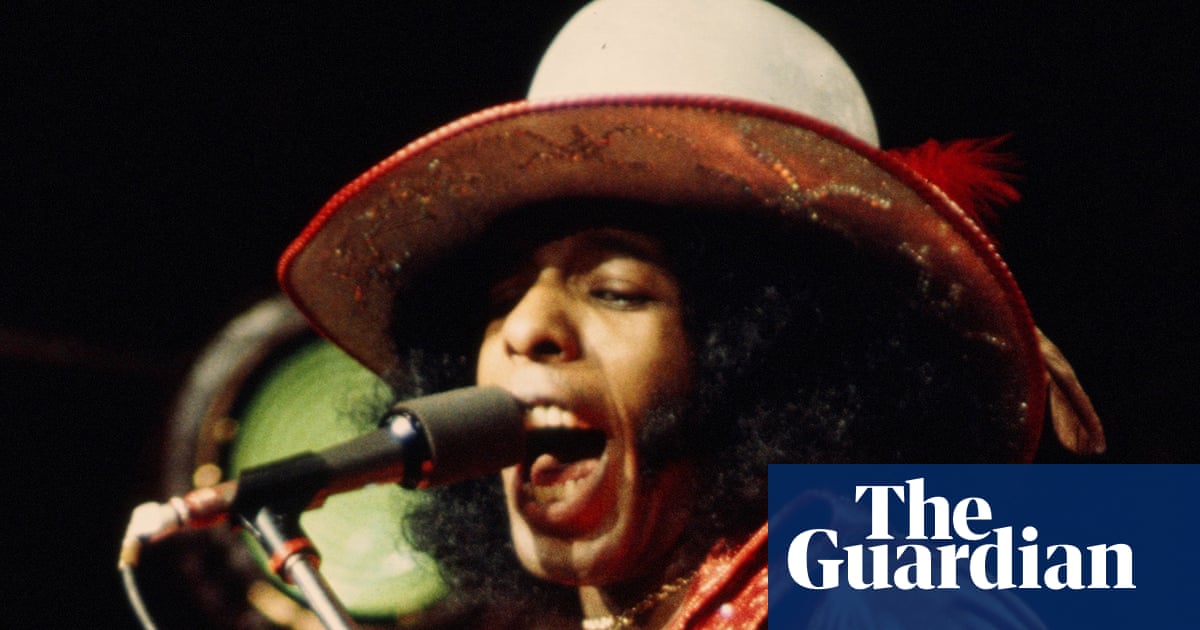
There are umpteen reasons why an artist might choose to suddenly release a new album with little in the way of advance promotion or even warning. In the case of Little Simz, the sudden arrival of No Thank You, less than eight weeks after she won the Mercury prize for its predecessor, Sometimes I Might Be Introvert, seems to mostly involve getting things off her chest. “I figured this is the moment,” she offers on opener Angel, “I got to speak now.”
What she has to speak about largely revolves around the twin topics of the music business and mental health, two subjects that tie in with recent news stories about the 28-year-old rapper. Earlier this year, she parted company with her manager of seven years. It isn’t entirely clear if a lot of the more pointed lyrics on No Thank You are aimed at him, but it certainly sounds like they might be: “Why did I give you the keys to authorise shit on my behalf? What did I expect from those living the corporate life?” she asks at one point. Meanwhile, in April, she cancelled a prospective US tour. She cited financial reasons, but added: “I’m just not able to put myself through this mental stress.”
Whatever their foundation in her own life, the subjects weave their way through most of No Thank You. Simz sounds righteously angry about both. She’s addressed the subject of mental health before in her work, but never quite as bluntly as on Broken, which shifts from a neat summation of depression’s ability to quietly get its claws into you – “Man, this week has been tough / I’ve been saying it for a year” – to the plaintive question, “Why is mental health a taboo in the Black community?” Meanwhile, the music business gets an extended kicking, particularly when it comes to its dealings with artists of colour: “Undervalued, underappreciated in the workplace, why give you my ideas in the first place?” she asks on X.
All of this is punchily, powerfully and, occasionally, wittily done. If you’re going to compare the matter of being signed to a major record label to the lot of a slave, you might as well do it with a lyric as sharp as “I refuse to be on a slave ship, give me all my masters and lower your wages”. (It’s worth noting that Simz releases music on her own label, via a distribution company.) That said, there’s no doubt that No Thank You’s impact is vastly potentiated by the work of producer Inflo, who worked on both Sometimes I Might Be Introvert and 2019’s Grey Area, and whose approach to his project Sault – no promotion, no live performances, no interviews, music apparently released as and when he feels like it, even if that means putting out five albums on the same day – seems to reflect the manifesto outlined on Angel: “Fuck rules and everything that’s traditional.” The album feels far more like a direct collaboration than a producer simply coming up with beats for an artist to rap over. Most of the tracks conclude with lengthy instrumental codas, where Simz effectively cedes centre-stage to Inflo’s lushly inventive arrangements, which, with their swirls of choral vocals and swelling strings, nod to the oft-sampled work of both David Axelrod and Charles Stepney without ever seeming like straightforward homage. Nearly half of Silhouette’s six and half minutes is Simz-free, taken up with dramatic orchestration, booming drums and backing singers.
You can see why she feels comfortable stepping aside on an album that bears her name alone: Inflo’s productions are uniformly fantastic. On X, he conjures up a wall of percussion that variously evokes a marching band, west African drumming and rolling breakbeats. Sideways features a head-turning blast of sampled vocals, sped up until it feels harsh. Who Even Cares is beautifully warped soft soul: Simz singing, rather than rapping, her voice subtly but noticeably Auto-Tuned.
It ends on an optimistic note, with Control: a straightforward and rather sweet love song, backed only by piano. Exactly how her career progresses from here is an intriguing question. She’s clearly had enough of doing things the way she did previously. The lyrics to Heart on Fire seem to suggest she feels she became too bound up in the quest for commercial success and its financial rewards: as they progress, her ambitions shift from buying her mum a house to owning 100 pairs of shoes, a list of desires that “never stops growing, and you don’t know even what you do this for”. What that means for the future isn’t really explored: perhaps she intends to take an approach more akin to that of Sault. If it means more albums like this, that should be fine, and she seems to know it. “This ain’t music one overlooks,” she snaps on Sideways, quite correctly.












